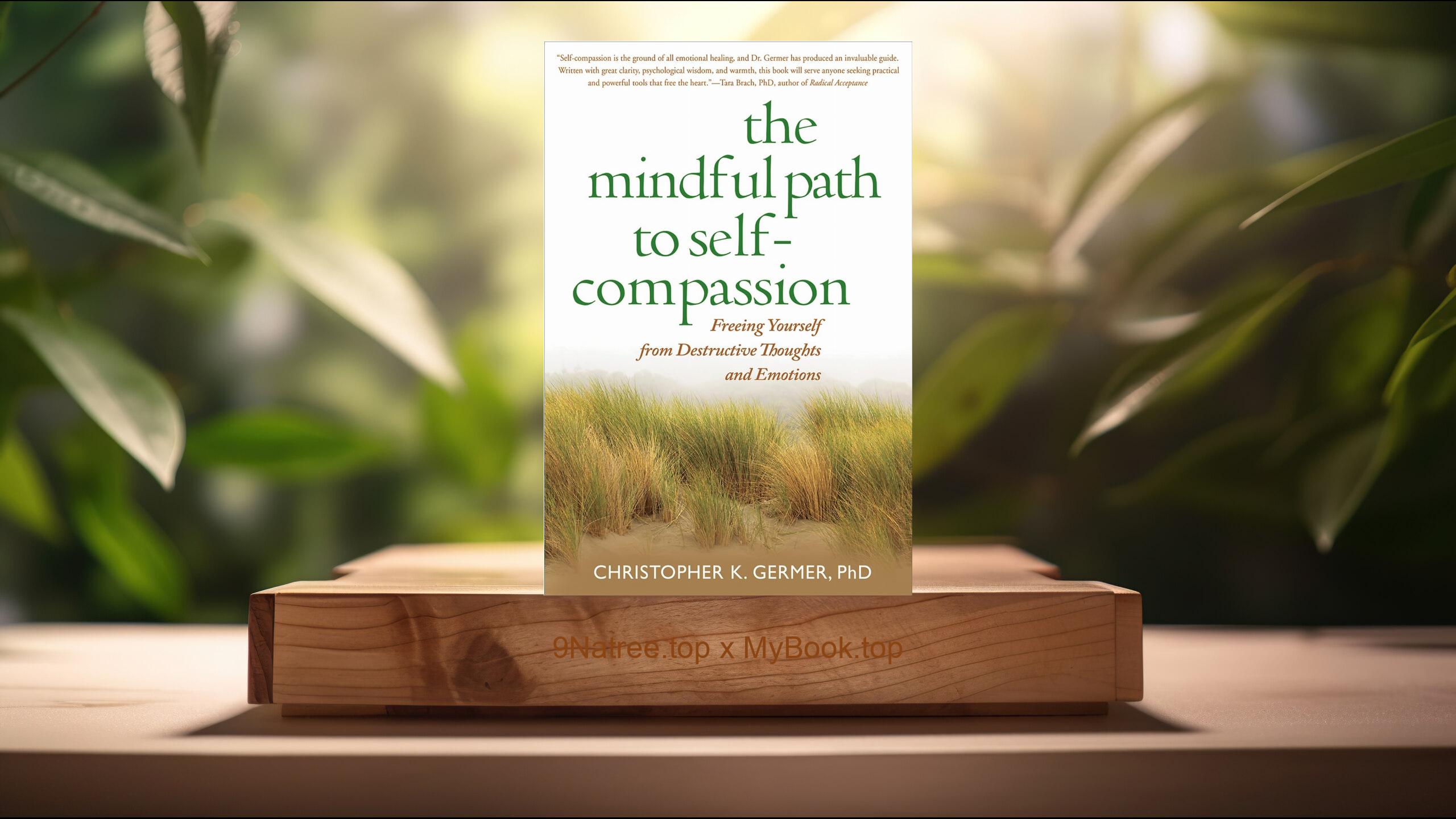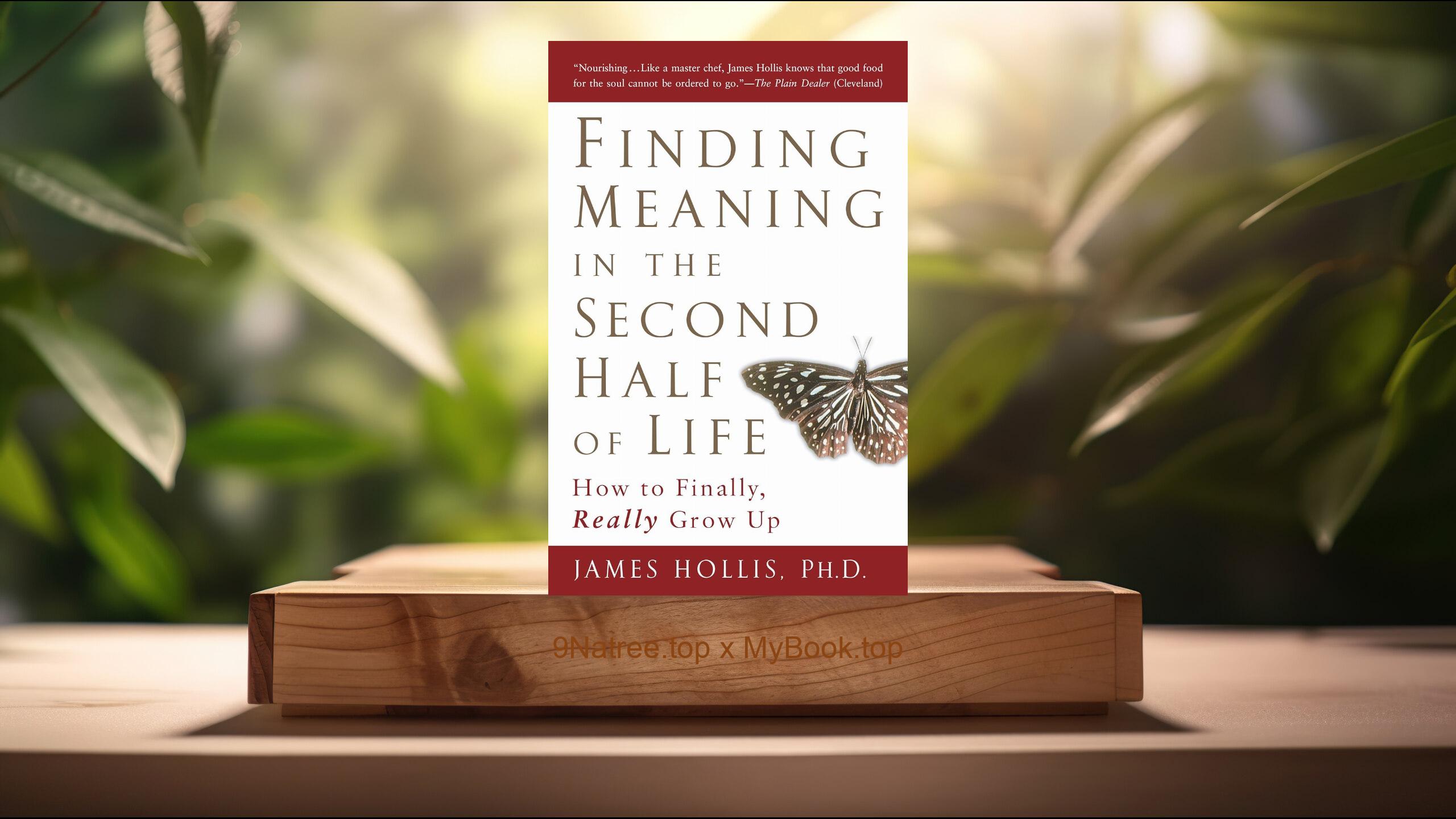Show Notes
- Amazon US Store: https://www.amazon.com/dp/1462550223?tag=9natree-20
- Amazon Worldwide Store: https://global.buys.trade/Mindful-Self-Compassion-for-Burnout-Kristin-Neff.html
- eBay: https://www.ebay.com/sch/i.html?_nkw=Mindful+Self+Compassion+for+Burnout+Kristin+Neff+&mkcid=1&mkrid=711-53200-19255-0&siteid=0&campid=5339060787&customid=9natree&toolid=10001&mkevt=1
- Read more: https://mybook.top/read/1462550223/
#SelfCompassion #Mindfulness #BurnoutRecovery #StressManagement #HealingStrategies #ResilienceBuilding #MentalWellbeing #MindfulSelfCompassionforBurnout
These are takeaways from this book.
Firstly, Understanding Burnout, Burnout is more than just an occasional feeling of being overwhelmed; it's a chronic state of being under severe stress that leads to physical, emotional, and mental exhaustion. Kristin Neff highlights the importance of recognizing burnout's early signs and symptoms—such as fatigue, irritability, reduced performance, and detachment. Understanding burnout involves delving into its causes, including excessive workload, lack of control, insufficient rewards, lack of community, absence of fairness, and mismatched values and skills. This foundational knowledge is critical for acknowledging the problem and taking the first step towards healing.
Secondly, The Role of Self-Compassion, Self-compassion, as Kristin Neff illustrates, is a powerful antidote to burnout. It involves treating oneself with the same kindness, concern, and support one would offer a good friend. Neff breaks down self-compassion into three key components: self-kindness, common humanity, and mindfulness. Each of these elements plays a crucial role in combating burnout by encouraging an attitude of care towards oneself, recognizing one's experiences as part of a larger human experience, and maintaining a balanced awareness of the present moment. This section equips readers with the understanding that being gentle and compassionate with oneself is not a luxury, but a necessity for recovery and resilience.
Thirdly, Mindfulness Practices, Mindfulness practices are central to Neff's approach to recuperating from burnout. She guides readers through various mindfulness techniques aimed at developing a non-judgmental awareness of the present moment. These practices help individuals detach from overwhelming emotions and thoughts, enabling a space for healing and self-compassion to emerge. This section covers meditations, breathing exercises, and body scans, designed to foster a sense of peace, increase self-awareness, and cultivate an environment where burnout cannot thrive. Neff's focus on mindfulness as a tool reflects its proven effectiveness in reducing stress, improving emotional regulation, and enhancing overall well-being.
Fourthly, Strategies for Healing, Neff presents a variety of strategies for healing from burnout that extend beyond traditional mindfulness and self-compassion techniques. These include establishing healthy boundaries, prioritizing self-care, adopting a growth mindset, and creating a supportive community. She emphasizes the importance of self-care rituals, such as adequate sleep, nutrition, exercise, and leisure activities, in nourishing both the body and mind. Additionally, Neff discusses the significance of setting boundaries to protect one's energy and the role of a supportive social network in providing a sense of belonging and encouragement. Altogether, these strategies offer a holistic approach to recovering from burnout and preventing its recurrence.
Lastly, Integrating Self-Compassion into Daily Life, The final critical topic Neff addresses is the integration of self-compassion into daily life. It's one thing to understand self-compassion and its importance; it's another to live it. Neff offers practical advice on how to cultivate self-compassion through daily routines, interactions, and self-talk. This chapter is a call to action for readers to not only consume knowledge but to apply it in tangible ways. By doing so, individuals can transform their relationship with themselves, enhance their resilience against stress, and fundamentally improve their quality of life. This section serves as a blueprint for embedding the principles of self-compassion and mindfulness into one's life, ensuring that these practices are not merely temporary fixes, but lasting changes.
![[Review] Mindful Self-Compassion for Burnout (Kristin Neff) Summarized](https://episodes.castos.com/660078c6833215-59505987/images/1837422/c1a-085k3-wwzdn6dqu708-bhmkl3.jpg)




